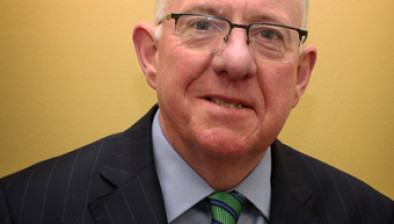England: Prosecutors given guidance on sexting, online dating and hook-ups

Prosecutors in England have been given new guidance on the impact of digital technology on sex and relationships, including the emergence of new rape myths links to sexting, dating apps and casual sex.
The first fresh guidance on rape myths and stereotypes since 2012 is aimed at reflecting social changes and the growth of digital technology.
Working alongside victim support groups, the Crown Prosecution Service (CPS) found that changing use of technology has led to the emergence of “new myths”, linked for example to sharing of explicit selfies, use of dating apps, and casual sex.
Siobhan Blake, CPS rape lead, said: “There have been massive changes to the way people live their lives in the last 10 years and this has undoubtedly transformed the way people interact, date and communicate with sexual partners.
“Rape remains one of the most complex criminal offences and that is why this updated legal guidance addresses 39 common myths and stereotypes.
“As dramatic technological advances have changed the way people meet and connect, it’s vital those in the criminal justice system understand the wider, social, context of these changes.
“For example, many teenagers believe that sending explicit photos or videos is a part of everyday life. Our prosecutors must understand this and challenge any implication that sexual images or messages equate to consent in cases of rape of serious sexual violence.”
The new guidance also includes updates on the impact of trauma, in particular how the memory of a victim or complainant can be affected, and reasonable lines of enquiry, refreshing guidance on striking the appropriate balance between privacy and a thorough investigation.
Changes have also been made to guidance when considering cases involving same-sex sexual violence, and when there are victim vulnerabilities, with a focus on psychological and mental health issues.
The new guidance comes in the wake of a steep decline in the number of cases referred by police to the CPS and the number and proportion of rape cases prosecuted.
Rape prosecutions have dropped by 59 per cent since 2016-17, to 2,102 and 1,439 convictions in 2019-20. Reports of rape, however, rose by a third to 55,130. Referrals from the police to the CPS have fallen by 40 per cent since 2016-17.







